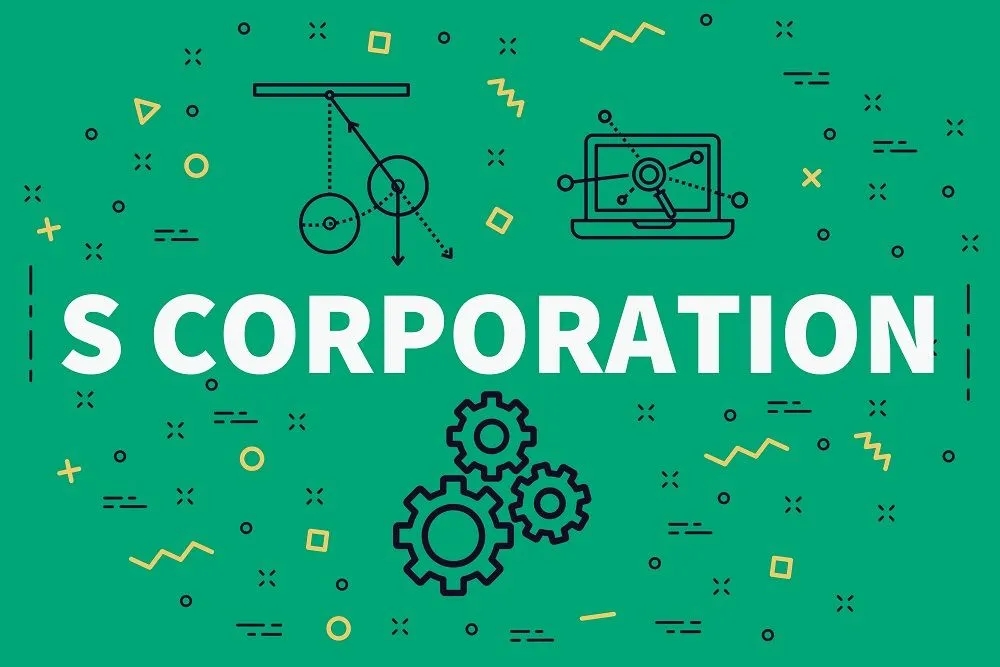
What is an S Corporation?
An S Corporation is a type of business structure that combines the benefits of a corporation and a partnership. S Corporations have become popular among small business owners due to the tax and liability advantages they offer. In this blog, we will explore the pros and cons of forming an S Corporation.
An S Corporation is a type of business structure that combines the benefits of a corporation and a partnership. S Corporations have become popular among small business owners due to the tax and liability advantages they offer. In this blog, we will explore the pros and cons of forming an S Corporation.
Pros of an S Corporation:
- Pass-Through Taxation: One of the biggest advantages of an S Corporation is its pass-through taxation. This means that the company’s income, deductions, and credits are passed through to the shareholders, who then report it on their individual tax returns. This avoids the double taxation that shareholders in C Corporations experience.
- Limited Liability Protection: Like a corporation, an S Corporation provides limited liability protection to its shareholders, meaning their personal assets are protected in the event of a lawsuit or bankruptcy.
- Saving SE Taxes: S Corporation tax structure allows an active shareholder to pay themselves a salary for the work they provide. The remainder of the net income from the S Corp allocated to the shareholder avoids self-employment taxes.
- Cost-Effective: Forming an S Corporation is relatively cost-effective compared to forming a traditional corporation.
Cons of an S Corporation:
- Complexity: Forming an S Corporation can be complex and time-consuming, requiring legal and tax compliance paperwork. Each year, an 1120S tax return is required to be filed to the IRS which is an additional accounting expense.
- Restrictions on Shareholders: S Corporations have strict restrictions on shareholders, including a limit on the number of shareholders and the types of shareholders allowed.
- Limited Deductible Losses: Shareholders of an S Corporation may only deduct losses to the extent of their basis in the company.
In conclusion, an S Corporation offers several benefits, including pass-through taxation, limited liability protection, and saving on self-employment taxes. However, it also has its drawbacks, such as complexity, restrictions on shareholders, and limited deductible losses. Before deciding to form an S Corporation, it’s important to carefully weigh the pros and cons and seek the advice of a tax professional.
Disclaimer: The information provided above is not meant to be legal or tax advise. You should consult your CPA and attorney to determine the best course of action for your situation.
Mitzi E. Sullivan, CPA is a cloud based professional services provider specializing in cloud accounting.